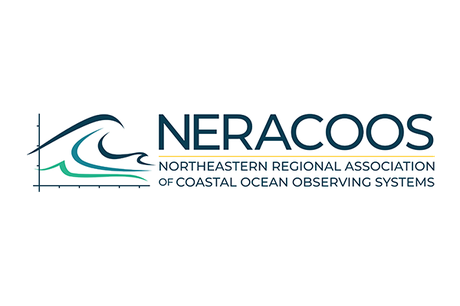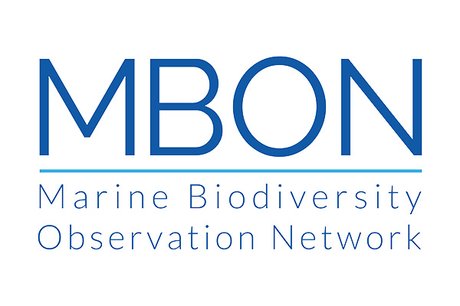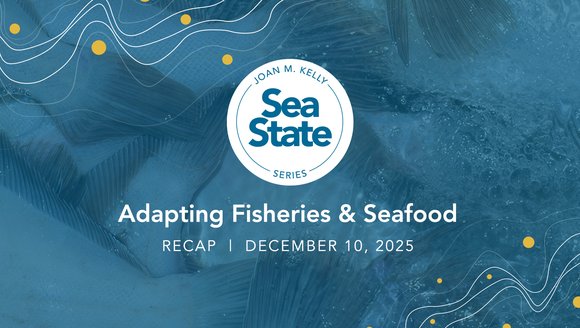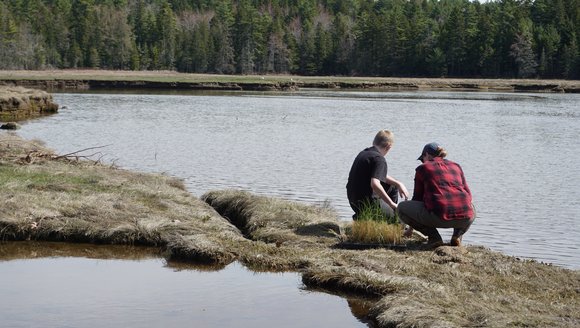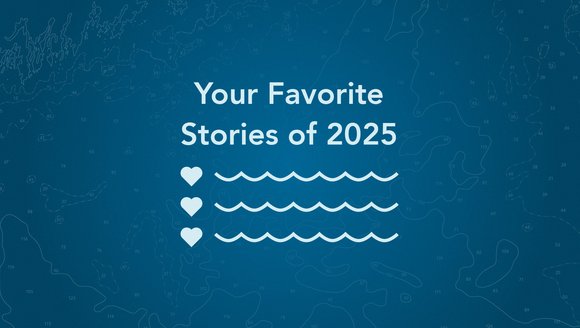Integrated Sentinel Monitoring Network (ISMN)
Taking a deeper, more integrated look at ocean biodiversity and ecosystem health.
We are developing an Integrated Sentinel Monitoring Network (ISMN) in partnership with NERACOOS, the Northeast Regional Ocean Council (NROC), and other partners in the region. This network will enable us to extend observations into the Gulf of Maine with a focus on filling gaps in understanding regarding pelagic habitat biodiversity and ecosystem health. This work will establish the ISMN as a regional coordinating network serving the distribution of multiple planktonic and ecosystem datasets and derived products. This project is part of the global Marine Biodiversity Observation Network (MBON), extending the reach of the program to include one of the regions in US waters most susceptible to climate change.
Project Goals:
- Create and sustain an adaptive sentinel monitoring network and data management program that collects ecosystem status information.
- Develop existing regional capacity for data management and distribution, quality control, and integrated analysis.
- Enhance and expand current monitoring efforts by supporting needed supplemental measurements.
- Support an integrated, ecosystem-based management framework for adaptive responses to drivers of change and ecosystem pressures.
The Northeast U.S. region includes ecologically and economically rich ecosystems that span from Long Island Sound to the Canadian border in the eastern Gulf of Maine. Climate change, living resource harvesting, and increasing human populations are altering the structure and function of these ecosystems. Ecosystem changes are not only threatening the sustainability of marine and human communities, but also managers who must make difficult decisions about how to manage marine resources under novel conditions with high degrees of uncertainty.
To help protect marine and human communities, and support resource managers in the face of these changes, we are developing an adaptive sentinel monitoring program. The Integrated Sentinel Monitoring Network (ISMN) watches for key ecosystem changes and then informs researchers, managers, and the public about the status of the region's rich ecosystems and their vulnerabilities. It will also support an integrated, ecosystem-based management framework for adaptive responses to ecosystem changes.
ISMN aims to collect observational data where there are gaps for key ecosystem variables, serve as an access portal for other regional observational datasets, and facilitate integrated interpretation of ecosystem changes. Observational goals include broad monitoring for biodiversity change that may or may not be predictable, but also sentinel monitoring. Sentinels are key ecosystem variables that provide mechanistic understanding of ecosystem functions and responses to environmental change when known. A primary goal is to build the ISMN into a regional coordinating center for ecosystem data that have been quality controlled and can be accessed using international standards. Leveraging the NERACOOS data management system, the GMRI Ocean Data Products team will develop a data portal for integration and access to projected data. The priority effort will integrate long-term and new ecosystem and environmental data sets (e.g., mesozooplankton, chlorophyll a, microplankton, environmental DNA, gelatinous zooplankton, North Atlantic right whale distribution) as well as derived products from modeling efforts (e.g., species abundance, distribution, habitat shifts, lipidscape dynamics, and biophysical models).
Project Team
Read Next
-
Sea State Recap: Adapting Fisheries & Seafood
In this installment of the Sea State series at the Gulf of Maine Research Institute (GMRI), we hosted a conversation about how collaboration and shared …
Perspectives
-
Community Science Wrapped 2025
Understanding how climate change is reshaping the Gulf of Maine, and New England at large, depends on steady, long-term observations — the kinds that reveal …
Perspectives
-
Your Favorite Stories from 2025
Take a look back at some of our most-read stories in 2025.
Perspectives
-
The Next Wave of Maine’s Blue Economy
Reflections from the 2025 Blue Economy Investment Summit, and the future of Maine's blue economy.
Perspectives
